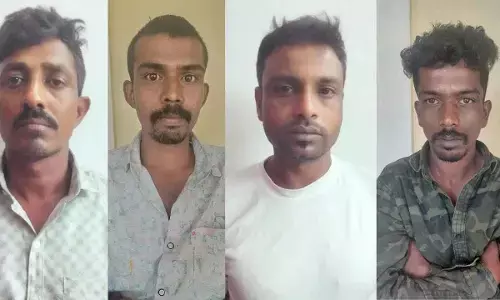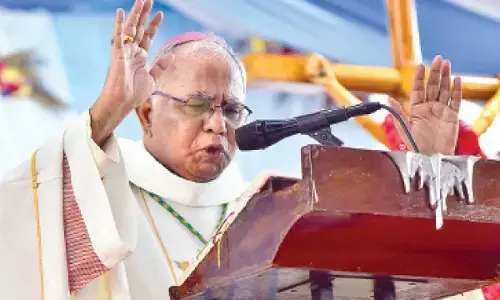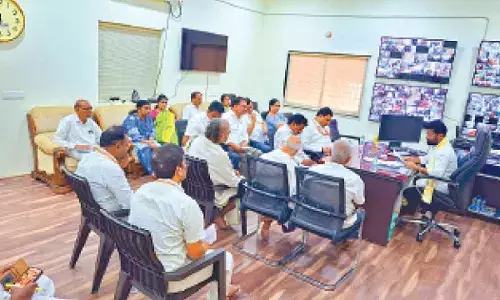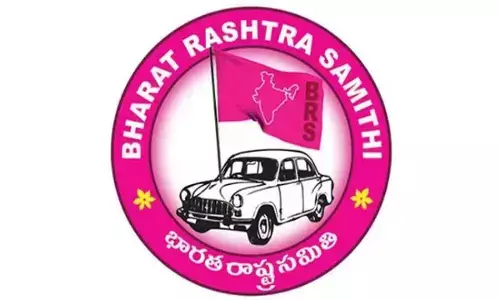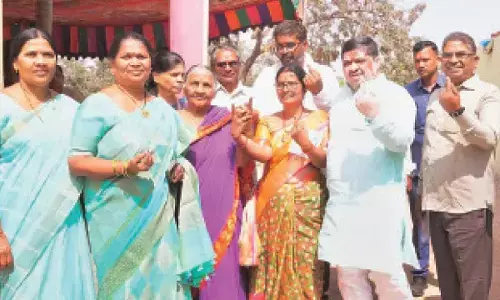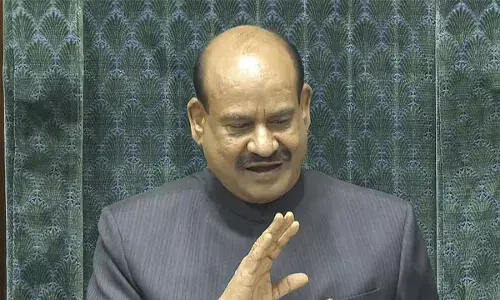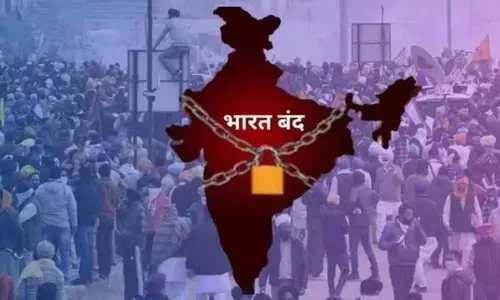Ganesh Chaturthi 2023: Fasting rules
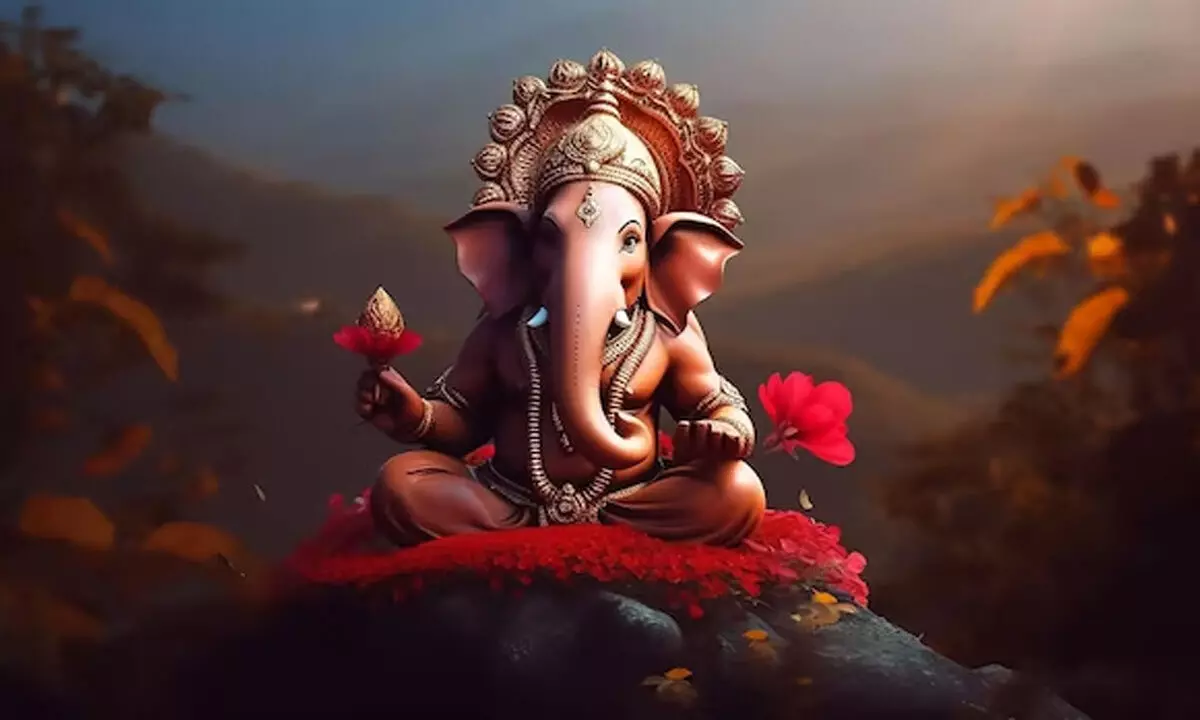
Ganesh Chaturthi, also known as Vinayaka Chaturthi, is a Hindu festival that celebrates the birth of Lord Ganesha, the elephant-headed god of wisdom and prosperity.
Ganesh Chaturthi, also known as Vinayaka Chaturthi, is a Hindu festival that celebrates the birth of Lord Ganesha, the elephant-headed god of wisdom and prosperity. While the main focus of the festival is worship and celebrations, some people choose to observe fasting as a form of devotion and purification.
Fasting during Ganesh Chaturthi can take various forms and specific rules and customs may vary depending on regional traditions and individual preferences. The rules of fasting vary depending on the beliefs and practices of the individual.
1. There are different levels of fasting you can choose from, depending on your personal preferences and health conditions:
A. Nirjal Fast (without water)
This is a strict form of fasting in which you abstain from both food and water throughout the day.
B. Phalahar (fruit) fast
In this type of fast you can consume fruits, nuts and dairy products such as milk and yogurt.
C. Satvic fast
This means consuming only simple, vegetarian and easily digestible foods such as sabudana (tapioca pearls), fruits, vegetables and nuts.
2. Determine the duration: Decide if you want to fast for the entire day, a specific period of time, or only during specific meals. The duration of your fast may vary depending on your personal ability and devotion.
3. During fasting, maintain physical and mental purity. Avoid negative thoughts, gossip and engage in spiritual activities like chanting prayers and mantras.
4. Regardless of the type of fast you choose, non-vegetarian food is strictly avoided during the Ganesh Chaturthi fast.
5. Many people avoid onion and garlic in their fasting dishes as they are considered tamasic foods, which are believed to inhibit spiritual growth.
6. When preparing fasting meals, use a minimum amount of spices and oil to keep the meal simple and easily digestible.
7. Common table salt (iodized salt) is usually avoided during fasting. Instead, use rock salt, also known as sendha namak, which is considered pure and acceptable for fasting.
8. If you are fasting without water, it is essential to stay hydrated before and after the fasting period. Drink plenty of water in the morning before starting your fast.
9. When it is time to break your fast, start with something light like fruits or milk and then gradually eat a full meal. Avoid overeating or consuming heavy, rich foods immediately after fasting.
10. If you have health concerns or dietary restrictions, consult a health professional before fasting. Your well-being should be a priority.
It is important to note that fasting during Ganesh Chaturthi is a personal choice and there are no strict rules imposed by Hindu scriptures. Devotees should consult with their family priests or follow local customs and traditions when deciding how to observe the fast. Additionally, it is essential to maintain health while fasting, so if you have any medical conditions or dietary restrictions, it is advisable to consult with a health professional before participating in a fast.
After the fasting period, devotees usually offer prayers, perform rituals and visit Ganesha temples to seek blessings and immerse Ganesha idols in bodies of water as a symbol of his departure. Ganesh Chaturthi is a joyous and colourful festival celebrated with great enthusiasm and devotion by Hindus all over India and many other parts of the world.



